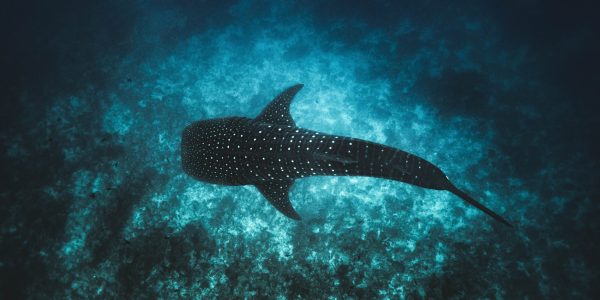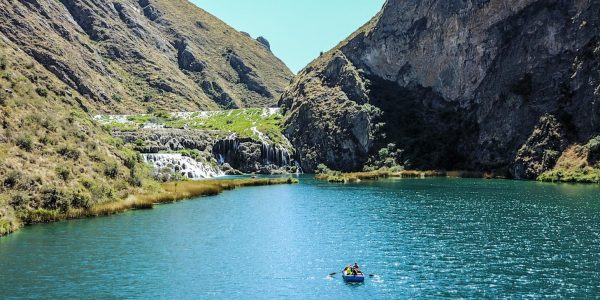Dive into the depths of the ocean and embark on a captivating journey of conservation as we explore the world of sharks in Peru. Meet Adriana Gonzalez Pestana, a passionate marine biologist whose love for the ocean and its incredible inhabitants has ignited a mission to protect these majestic creatures. Today, we will explore and share all about the sharks in Peru, the importance of the marine ecosystem, and the experiences with sharks that you shouldn’t miss.
Adriana’s Journey Begins

From a young age, Adriana developed a deep connection with the ocean. This profound bond with the sea and nature as a whole made her realize that she wanted to pursue a career related to marine life. Although Adriana initially studied Forest Engineering at Universidad Agraria La Molina, her true passion lay in the ocean and marine biology. As soon as the opportunity arose to study Marine Biology, she eagerly switched her focus to pursue her true calling.
As part of her academic journey, Adriana embarked on internships to explore various facets of marine life. However, it was a life-changing volunteering experience in the Galápagos Marine Reserve that forever transformed her perception of sharks. It was love at first sight. This journey shattered the stereotypes and fears she once held towards sharks, replacing them with an intense love and fascination for these incredible creatures. Determined to make a difference, Adriana returned to Peru with a mission: to conduct research, educate, and raise awareness about sharks and their conservation.
The Importance of Oceans and the Marine Ecosystem
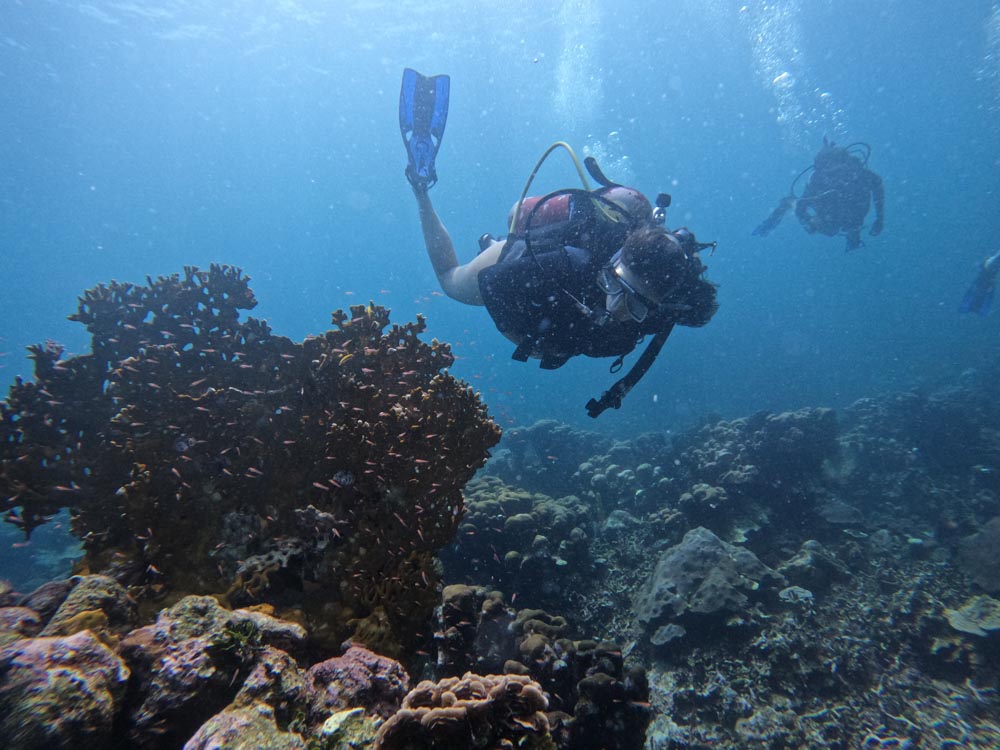
We all know that oceans serve as the lifeblood of our planet, providing vital services that sustain life on Earth. But, did you know that they generate approximately 50% of the oxygen we breathe? Oceans also regulate global climate patterns, and support countless organisms within their diverse ecosystems.
However, the health of our oceans is increasingly compromised by human activities. It is crucial for us to recognize that oceans are not an inexhaustible resource. By understanding the importance of preserving the marine ecosystem, we safeguard our own well-being and the future of our planet.
Sharks in Peru: Threats and Challenges
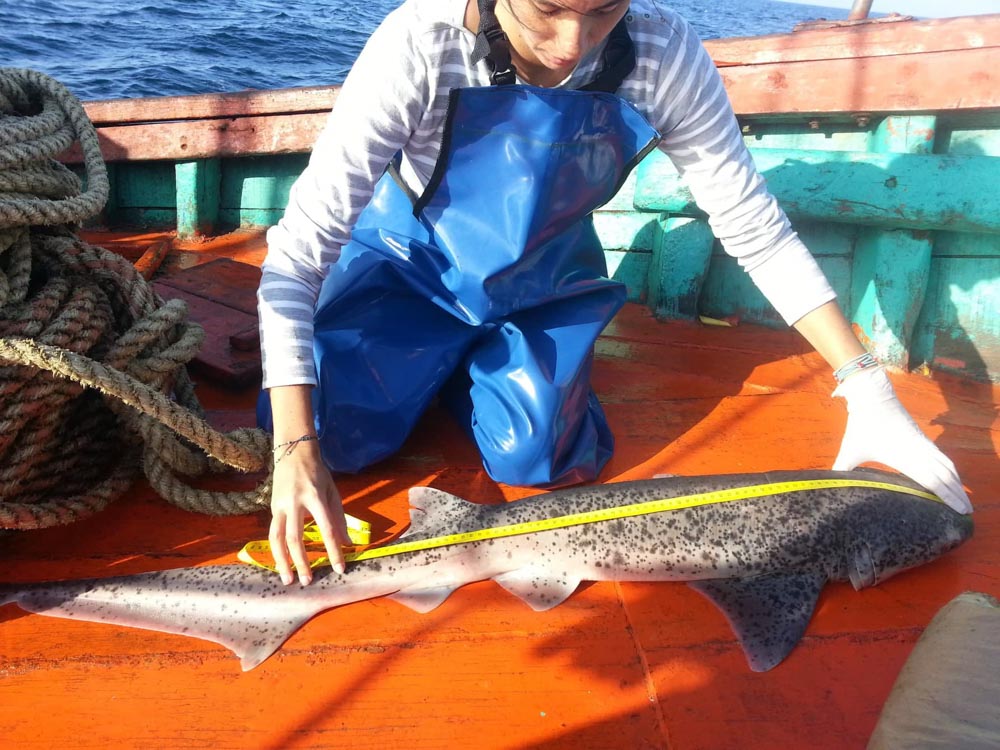
Although sharks may look intimidating, they are far from the Jaws image we all have in mind. Actually, sharks are among the most endangered vertebrate groups in the world, and Peru is no exception. Startlingly, 70% of the shark species caught in Peru are currently facing extinction.
Sharks are particularly vulnerable due to their behavioral traits, which resemble those of mammals such as humans and whales, rather than typical fish. They have slow reproductive cycles, with some species reaching sexual maturity as late as 21 years old and gestation periods lasting up to 12 months. This crucial distinction highlights that fishing sharks is not equivalent to fishing regular fish. The unique characteristics of sharks necessitate special attention and conservation efforts to ensure their long-term survival.
Of particular concern is the hammerhead shark, which is heavily targeted in the northern regions due to its vulnerable breeding populations. The primary cause of this alarming situation is overfishing, driven by the demand for shark fins in the Asian market and the consumption of shark meat locally. Ignorance regarding consumption practices and governmental inaction further exacerbate the risks faced by sharks.
The ISRA Project: A Global Effort for Shark Conservation
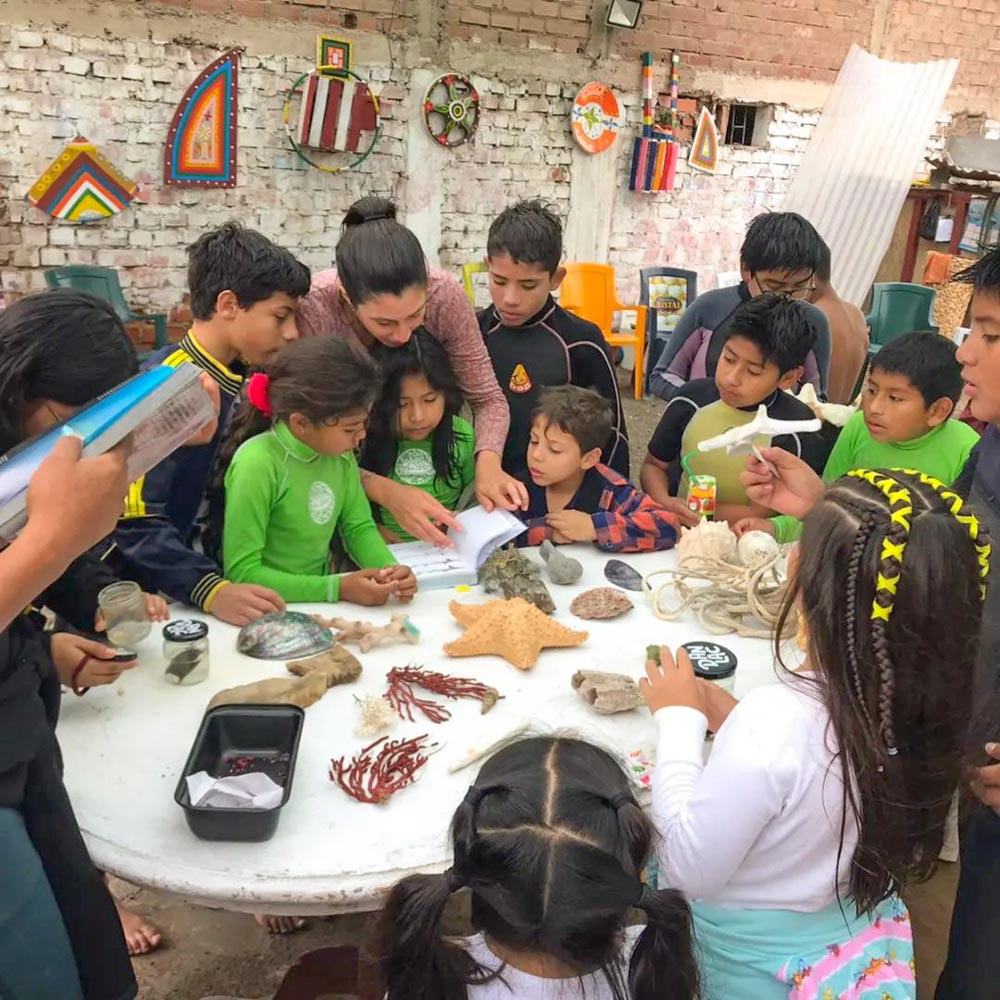
Adriana’s dedication to shark conservation led her to join the ISRA (Improving Shark Area-based Conservation) project, spearheaded by the International Union for Conservation of Nature (IUCN). The project aims to establish a global standard for shark conservation by mapping crucial areas for sharks and rays worldwide. These areas include key locations for feeding, breeding, and movement. The first region to be assessed was the Eastern Pacific, spanning from Baja California to southern Chile. Through collaborative efforts, 65 significant areas have been identified in the region, including three in Peru and two shared with Ecuador. These findings, although just the beginning, lay the groundwork for informed policy-making and the creation of marine protected areas.
Tourism and Swimming with Sharks
Tourism can play a pivotal role in fostering a positive connection with sharks and promoting their conservation. Engaging in activities such as scuba diving and snorkeling offers an incredible opportunity to witness sharks in their natural habitats, dispelling myths and fostering appreciation for these remarkable creatures.
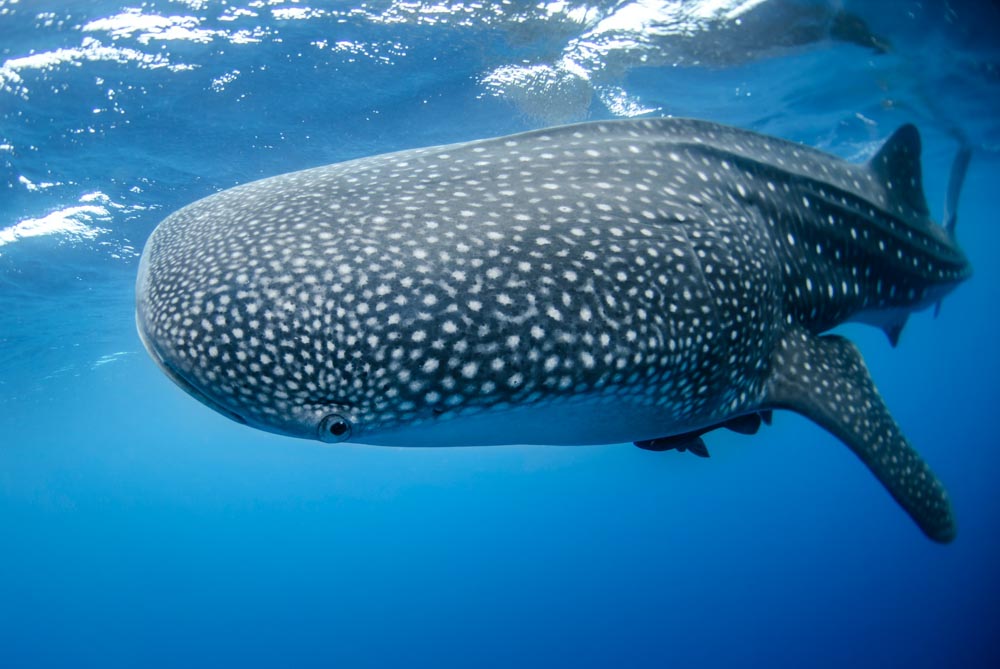
In Peru, one of the most captivating shark-related experiences is swimming with whale sharks off the coast of Punta Sal. Surprisingly, many are unaware that it is possible to encounter the largest fish on Earth in these waters. By supporting responsible tourism and participating in whale shark research initiatives, visitors can actively contribute to the conservation efforts aimed at protecting these gentle giants.
Adriana Gonzalez Pestana and the ISRA project are at the forefront of shark conservation in Peru. Their work is vital to protect these magnificent creatures and preserve the delicate marine ecosystem. You can stay updated on their progress and learn how you can contribute to the preservation of sharks in Peru and beyond by following Coalición Tiburón Perú on Instagram and visiting the ISRA webpage. Together, we can ensure the survival of these awe-inspiring guardians of the ocean for generations to come.
If you want to get to know more about these incredible creatures and even swim with them in your next trip to Peru, send us a message to info@peruviansoul.com. Don’t forget that you can help conserve Peru’s wildlife while enjoying it!



